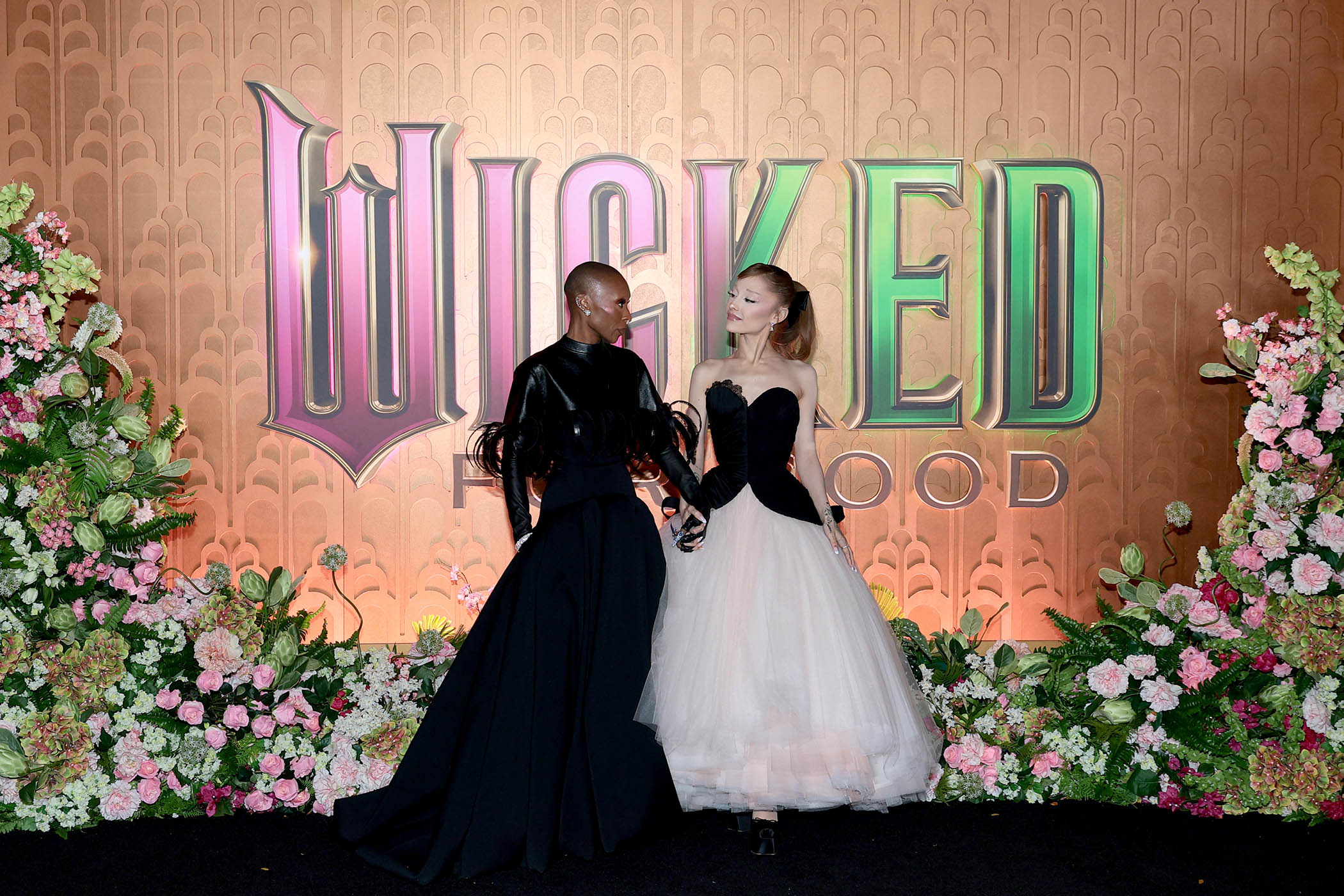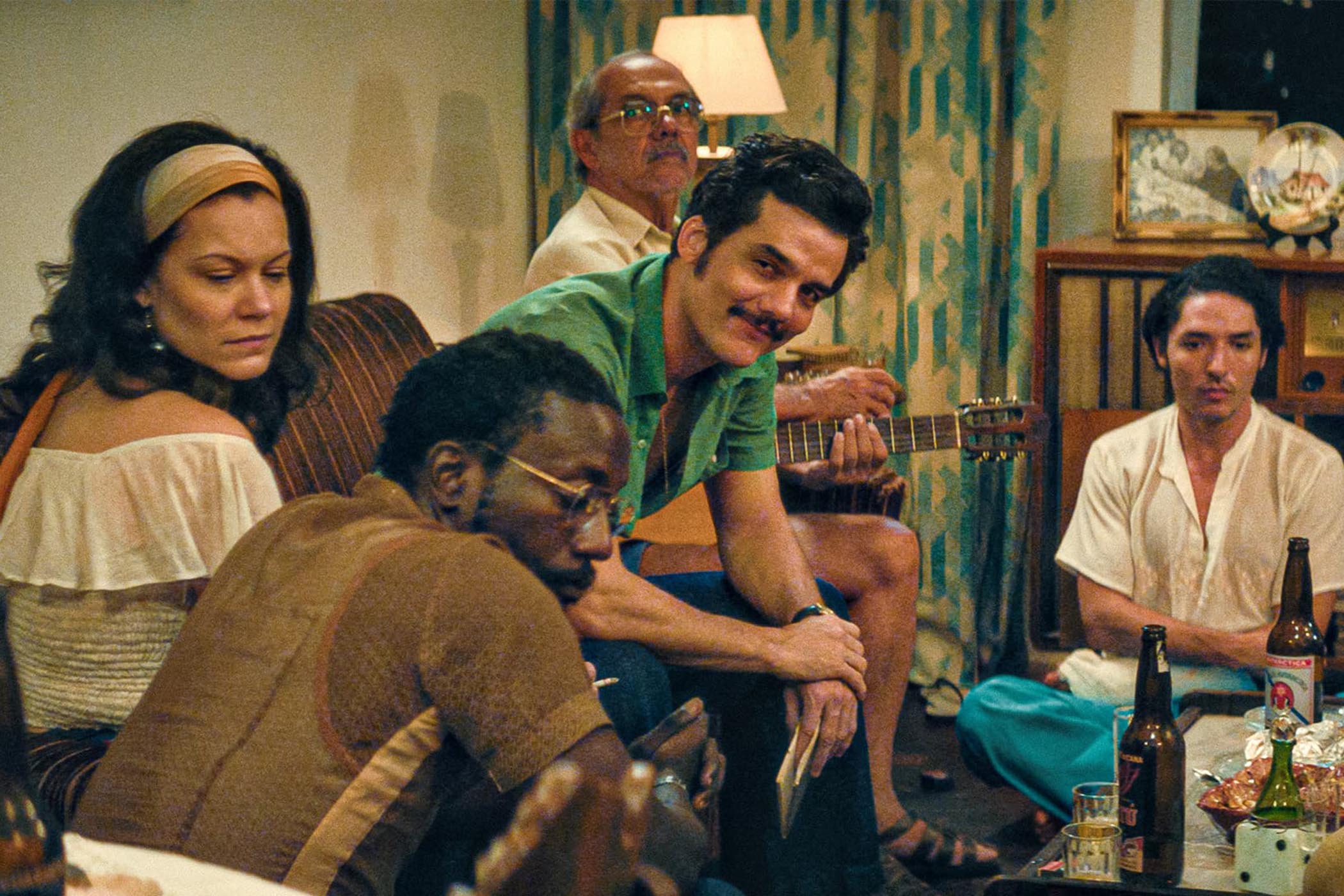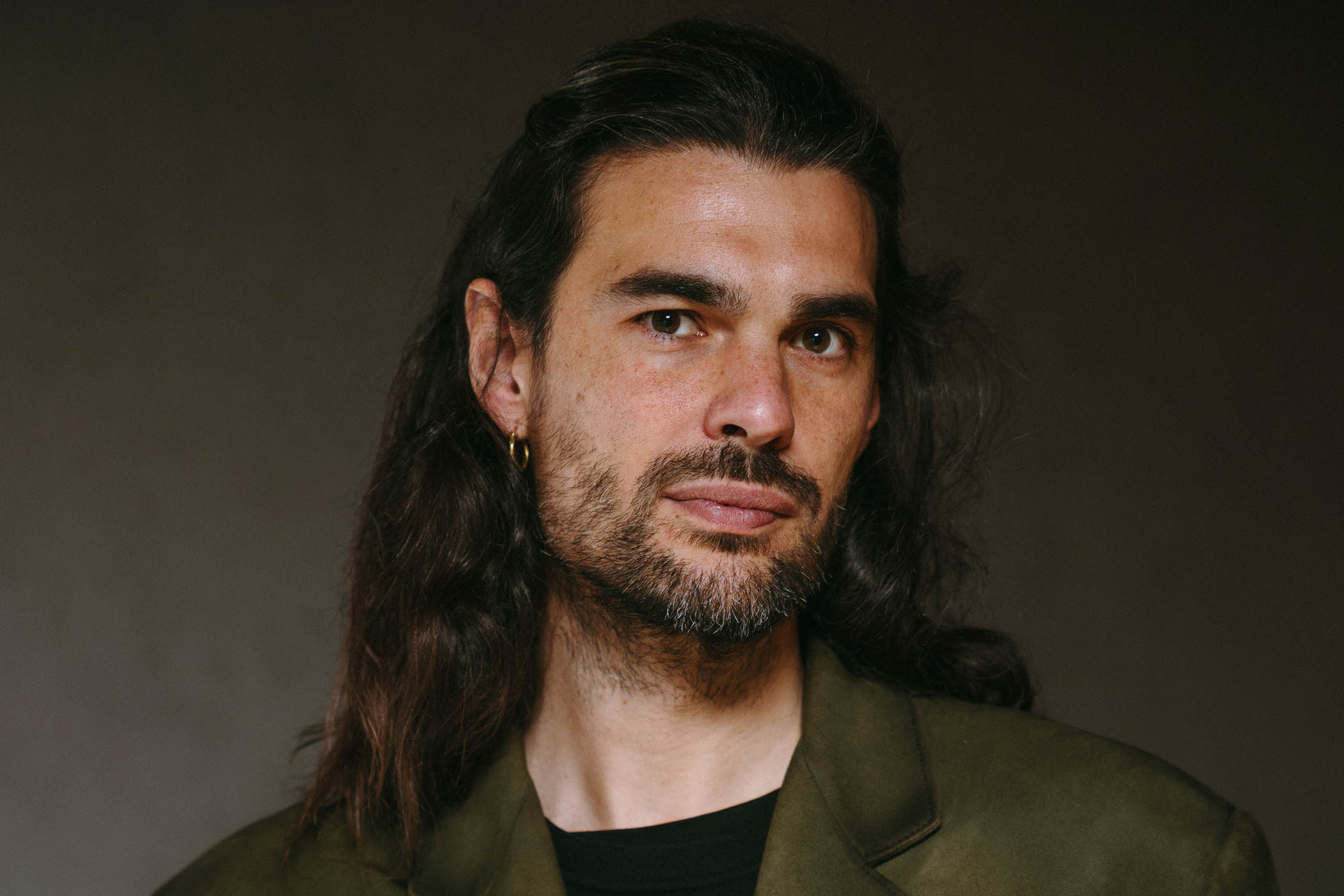You may not have seen Wicked or booked in to watch its sequel, Wicked: For Good, which opened this weekend. But if you’ve spent any time online over the past 18 months, there’s a good chance you’ve come across its stars Ariana Grande and Cynthia Erivo taking lie-detector tests, adjusting each other’s clothes on red carpets or clasping hands in joint interviews, while one (or usually both) is crying.
Much like 2023’s Barbie, the nearly two-year campaign for the Wicked double bill has been a marvel in reviving cinema attendance post-Covid, grossing $756m worldwide by the end of its first theatrical run.
But its true success lies outside the official promotion cycle of guest appearances, premieres and slick profiles in legacy media. Wicked represents a new era in film campaigning, where it is the potency of fan videos, off-the-cuff moments and memes that catapult a franchise into a cultural phenomenon.
“Wicked is a good example of what works in cinemas now: films that pick up on fandom, create real-life opportunities to be part of a community that may exist online a lot of the time,” says David Hancock, chief analyst of media and entertainment at Omdia. “Films can create anticipation earlier, put out marketing material that engages, teases, creates excitement.” And if it happens via fan-made content rather than the official campaign, he says, then all the better – and evidence of a campaign that’s working.
For Wicked, the films themselves have become almost inconsequential. Grande and Erivo’s on-screen performance of Defying Gravity, a lead song from the musical, has been eclipsed by Erivo’s emotional reaction during an interview to the claim that queer fans were “holding space” for its lyrics (while an understandably confused Grande comforted her by holding her finger). Erivo’s outrage at a fan’s edited version of the film poster sticks in the mind more than the poster itself. Barbie’s viral moments were rarely cast interviews but scenes or screenshots from the movie itself.
Part of Wicked’s appeal is the unhinged impulses of its cast, seemingly trauma-bonded by this mammoth project, which began in 2021. Last week, its PR team announced that Erivo wouldn’t be doing interviews in New York after losing her voice – and Grande would now remain silent “in solidarity”. Issues with Wicked’s plodding script or poor sound quality and colour production are, for many, forgivable faults when there is so much else to discuss.
“This level of fan engagement and imagination can take awareness of the title – even among those who would not ordinarily be interested – to new levels” says Phil Clapp, chief executive of the UK Cinema Association (UKCA). “We are seeing the value of an ambitious and comprehensive marketing campaign by Universal Pictures, but [also] the way that even those efforts can be massively boosted by user-generated content.”
Hancock adds: “The old levers are still there – such as product tie-ins, merchandising, pop-ups, but new campaigns also tap into social media, fandom, the need for real life experiences.”
This isn’t just market speculation. Clapp says the UKCA’s members are reporting that advanced bookings for Wicked: For Good are outstripping those for the first film by nearly double. Tim Richards, the founder and chief executive of Vue International, says: “[It] is seeing the biggest pre-sale performance since 2021’s hit Spider-Man: No Way Home, with pre-sale levels higher than Barbie.” This is in spite of mixed critical reviews, which are broadly much worse than for the first instalment.
What has set Wicked apart from comparable big-budget campaigns is that the surrounding fun doesn’t feel forced or scripted, but authentically insane. In a dull age of play-it-safe celebrity, we can only hope for more delightfully deranged film campaigns in the future.
Newsletters
Choose the newsletters you want to receive
View more
For information about how The Observer protects your data, read our Privacy Policy
Photograph by Dimitrios Kambouris/Getty Images for Universal Pictures



